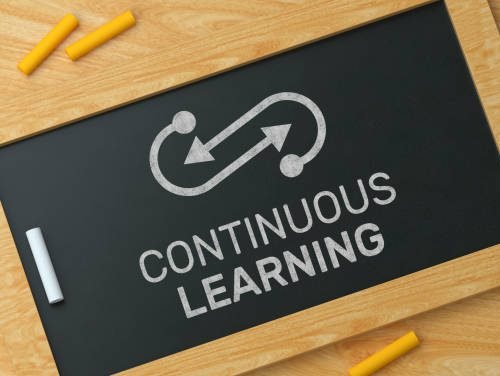
Introduction
In today’s rapidly evolving workplace landscape, effective leadership skills are more critical than ever. As organizations navigate complex challenges and seek to thrive in a competitive environment, strong leaders play a pivotal role in driving success.
To excel as a leader in the modern workplace, individuals must possess a unique set of skills that empower them to inspire, guide, and motivate their teams. In this article, we will explore the ten essential leadership skills necessary for navigating the demands of the contemporary professional world.
You can find all the information you’ve been searching for on this blog or in our future articles, which are accessible by clicking here
Effective Communication:

Clear and concise communication lies at the foundation of successful leadership. Leaders must articulate their vision, expectations, and goals effectively to inspire and align their teams.
They should actively listen, encourage open dialogue, and provide constructive feedback, fostering a culture of transparent communication.
Adaptability:
In today’s dynamic work environment, adaptability is crucial. Leaders must be flexible and open-minded, ready to embrace change and navigate uncertainty.
By staying agile and encouraging their teams to do the same, leaders foster innovation and create an environment that can readily respond to evolving circumstances.
Emotional Intelligence:
Leaders with high emotional intelligence understand and manage their emotions and those of their team members. They demonstrate empathy, build strong relationships, and effectively resolve conflicts.
By recognizing and addressing the emotional needs of their team, leaders foster a positive and collaborative work environment.
Decision-Making:

The ability to make informed and timely decisions is a hallmark of effective leadership.
Leaders should gather relevant information, evaluate options, and consider the potential impact on the team and organization. Decisive leaders inspire confidence and ensure progress, even in challenging situations.
Visionary Thinking:
Successful leaders possess a clear vision for the future and can communicate it to their team. They inspire others by sharing their vision and empowering employees to contribute their ideas and expertise.
By fostering a shared sense of purpose, leaders create a motivated workforce aligned with organizational goals.
Strategic Planning:
Leadership entails the ability to develop and execute strategic plans that drive organizational growth. By analysing market trends, anticipating challenges, and identifying opportunities, leaders can guide their teams toward success.
They set realistic goals, allocate resources effectively, and monitor progress to ensure strategic objectives are achieved.
Collaboration and Team Building:

Leadership is about bringing people together and harnessing their collective strengths. Leaders should build diverse and inclusive teams, foster collaboration, and encourage the sharing of ideas.
By creating a supportive and inclusive environment, leaders empower their teams to reach their full potential.
Resilience:
Resilience is crucial for leaders in the face of adversity. They must remain composed, adaptable, and focused during challenging times.
Resilient leaders inspire confidence and provide stability, enabling their teams to navigate obstacles and emerge stronger.
Continuous Learning:

Leadership is a journey of continuous growth and learning. Successful leaders prioritize self-improvement, seeking opportunities to expand their knowledge and skills.
They encourage a culture of learning within their teams, fostering professional development and innovation.
Ethical Decision-Making:
Integrity and ethical decision-making are fundamental to effective leadership. Leaders must act with honesty, transparency, and fairness, earning the trust and respect of their team members.
By upholding ethical standards, leaders create an environment built on trust and integrity.
Conclusion:
As the modern workplace continues to evolve, possessing essential leadership skills is crucial for success. Effective communication, adaptability, emotional intelligence, strategic thinking, and ethical decision-making are just a few of the key competencies leaders must cultivate.
By developing these skills, leaders can inspire their teams, drive innovation, and navigate the challenges of the dynamic professional landscape. Investing in leadership development is an investment in the future success of individuals, teams, and organizations alike.
Follow us on Twitter @myTscholarship: We provide access to information about scholarships, job openings, and educational opportunities across the globe.








[…] 10 Essential Leadership Skills for the Modern Workplace […]